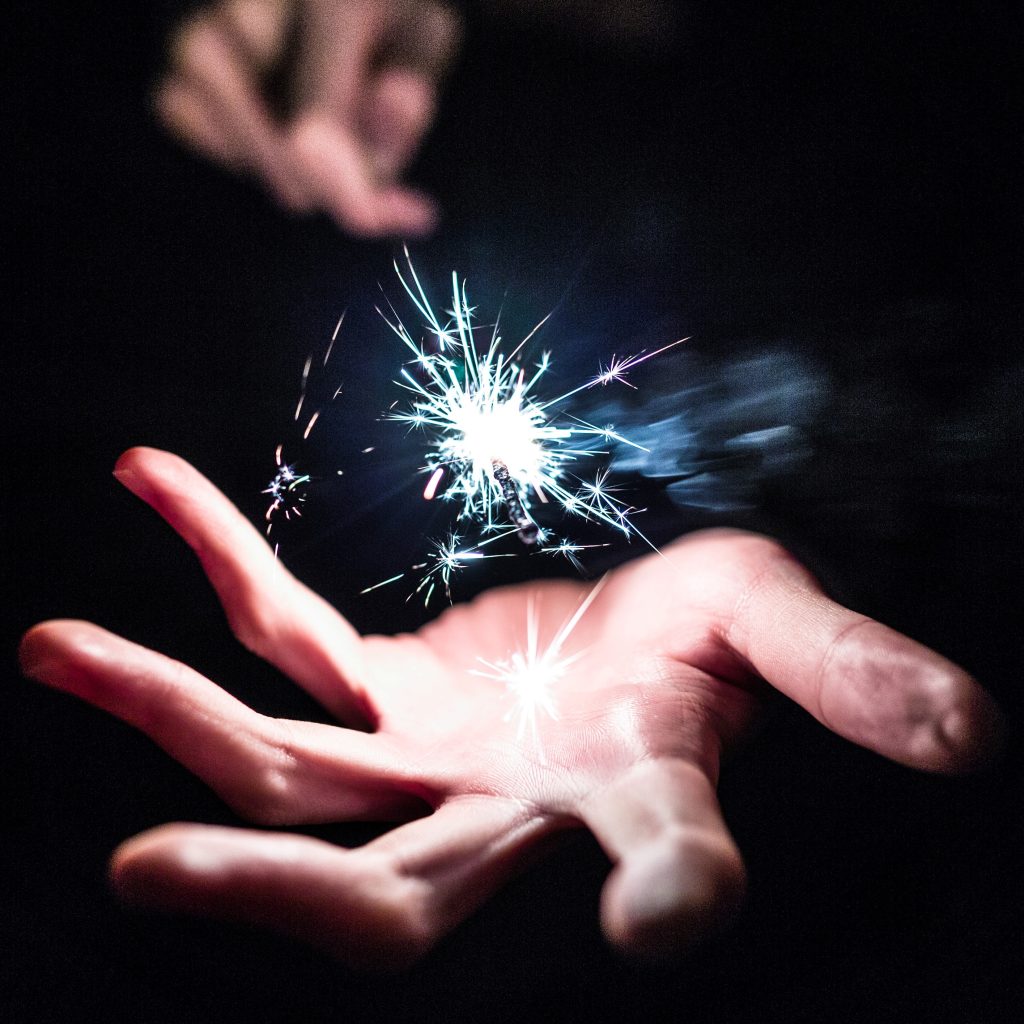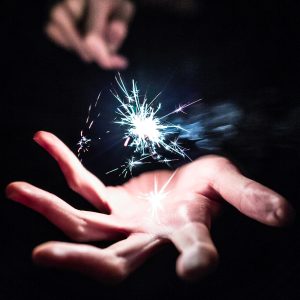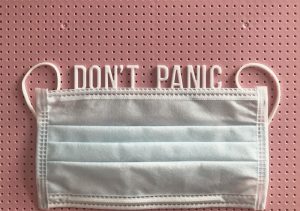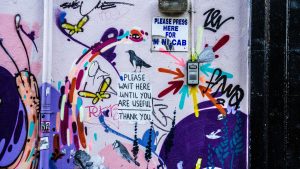They remind me of my primary school headteacher, Mr Evans, a rather puritanical, intimidating and disciplinary figure.
And my grandfather – again, rather miserable, strict and frightening.
And Mr Young, the French teacher who scared the life out of anyone who got their homework wrong. And… well you get the picture.
The point is that my past history gives me an acquired mistrust of hierarchy, bosses, and people (especially men) with power over me or others I care about.
On the other hand, it also gives me a keen interest in flatter structures, distributed power and collaborative ways of working.
So, it’s no wonder that I’ve been an avid participant in Oasis’ PEERworks programme. No wonder either that I was drawn to co-authoring and editing our PEERworks publication which captures some of what a dozen organisations have learnt over the past five years.
I post-rationalise my affinity for cooperation with a bystander’s understanding of anthropology. Watching Bruce Parry’s recent film Tawai, about his time spent in the jungle of Borneo, I was struck by the contention that the most equal societies on the planet are also the most peaceful. I have heard this said before, backed by studies of indigenous societies.
This correlation is claimed not only of the Penang in Borneo but also the San “Bushmen” of Southern Africa. Jon Young who has studied, interacted and learnt from the San argues that they are not only incredibly egalitarian but also the most connected to nature of any living people.
This satisfies all my prejudices: peace, equality and ecology go hand in hand. A sort of animist holy trinity. A golden relationship that might give us clues to overcome the crisis of civilisation we currently inhabit.
It’s made me reflect on times when I have experienced something different from the oh-so-familiar ways of hierarchy. When have I had a felt-sense of being in a group, as one of many peers, working something out together? What was going on? Why has it felt so satisfying? My account of one such case was published recently in the US journal Kosmos.
And there have been other times too. Certainly, there have been moments on our PEERworks residentials that have felt incredibly fluid, co-creative.
And moments too in groups at Oasis, in our Community of Practice looking into organisational development.
At times we feel like a group that has a deep respect and fondness for each other and that values each others’ contribution.
When I look back over these moments it seems that there are more and more of them as time goes by. No doubt part of it is practice. It takes repetition, attention, and diligence to maintain a peer-based relationship. And a good helping of intuition, ego-control and open-heartedness.
But I think there’s something else going on too. The more I get over my mistrust of “authority”, the less I project it onto others. That certainly makes working in a peer-based way a whole lot more straightforward.











